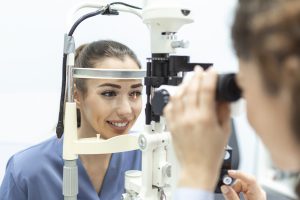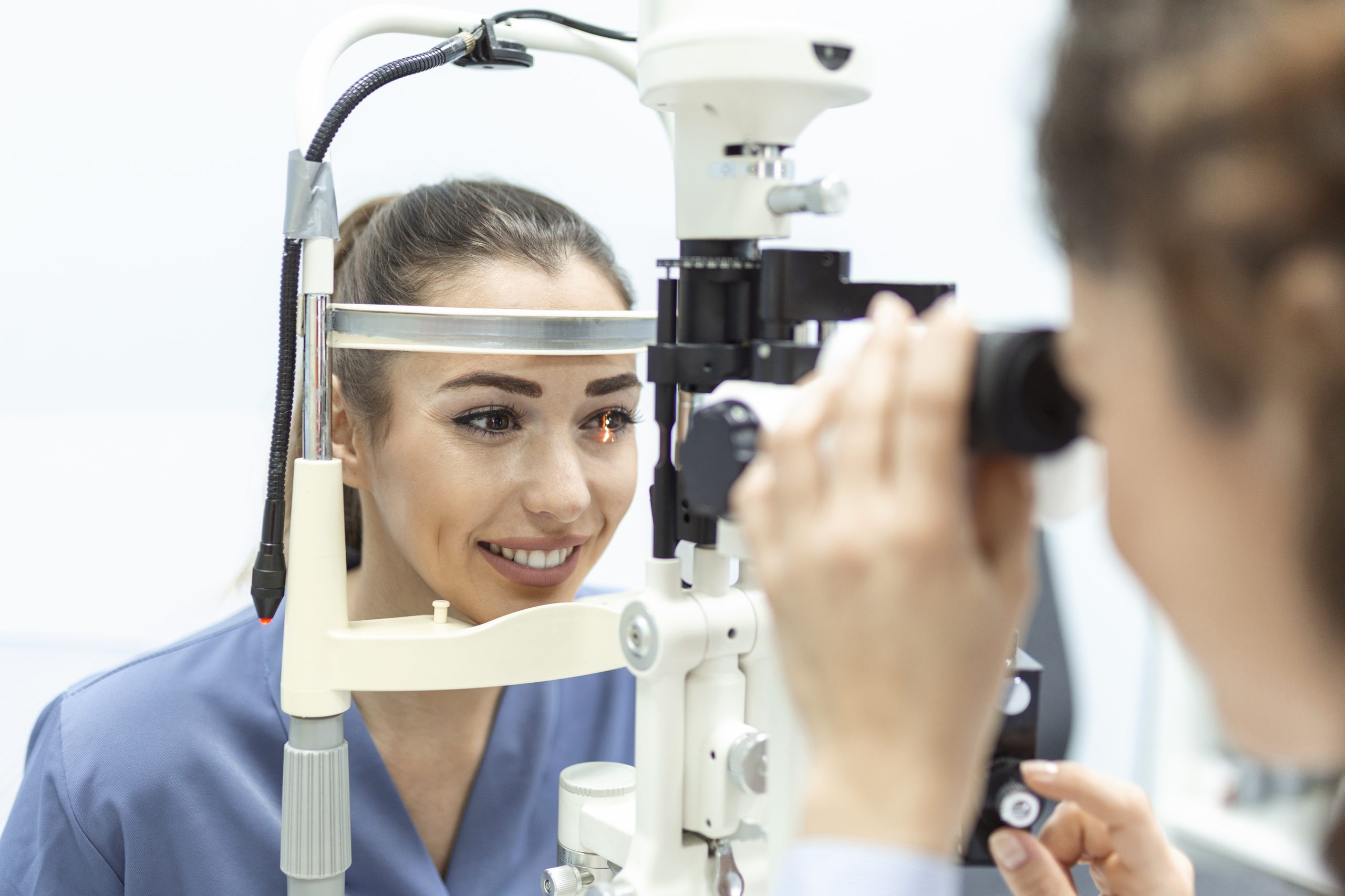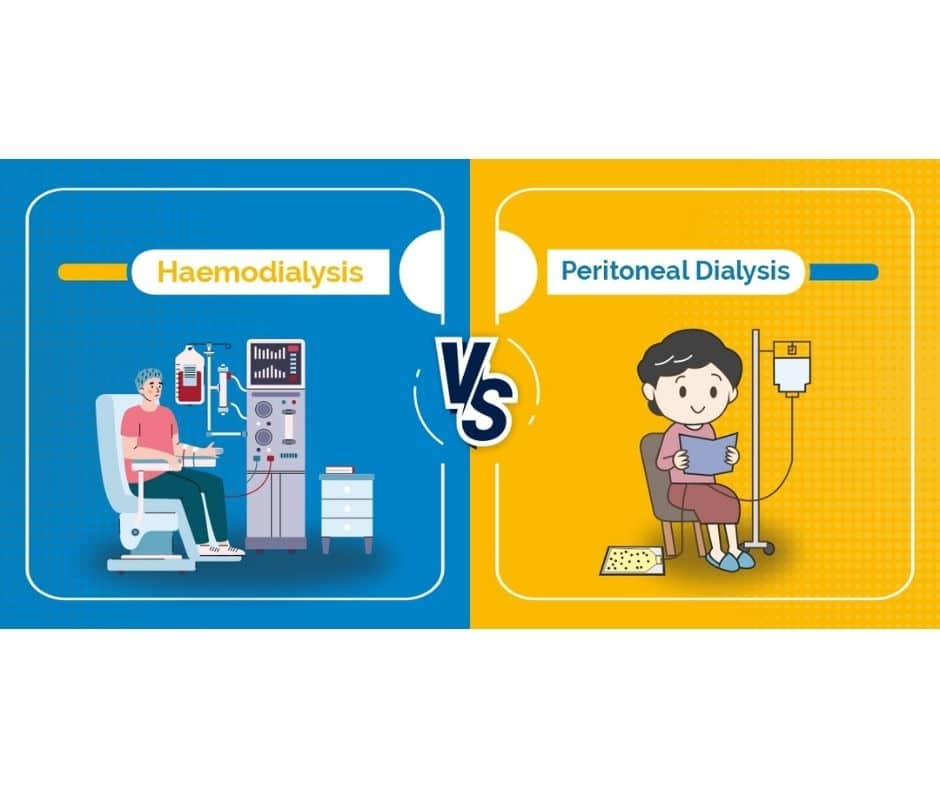Artificial Intelligence (AI) is transforming various industries, and medicine is no exception. The integration of AI in healthcare is revolutionizing the way diseases are diagnosed and treated, leading to more accurate and personalized care. In this blog, we will explore the significant impact of AI in medicine, focusing on how it is revolutionizing diagnosis and treatment approaches, ultimately improving patient outcomes.
Improved Diagnosis Accuracy:
AI-powered diagnostic tools have the potential to significantly enhance the accuracy and speed of disease diagnosis. Machine learning algorithms can analyze vast amounts of patient data, including medical records, imaging scans, and genetic profiles, to identify patterns and detect anomalies that may be missed by human physicians. This enables earlier detection of diseases, reducing misdiagnosis rates, and facilitating timely interventions.
Personalized Treatment Plans:
AI algorithms can analyze patient data, including medical history, genetic information, and treatment outcomes, to develop personalized treatment plans. By considering a patient’s unique characteristics, AI can predict treatment responses and recommend tailored interventions. This personalized approach improves treatment effectiveness, reduces adverse effects, and enhances patient satisfaction.
Predictive Analytics and Proactive Care:
AI’s predictive analytics capabilities enable healthcare providers to identify individuals at high risk of developing certain conditions. By analyzing various risk factors, including genetic predispositions, lifestyle habits, and environmental factors, AI algorithms can generate personalized risk profiles. This allows for proactive interventions and preventive measures, reducing the burden of chronic diseases and improving population health.
Image and Signal Analysis:
AI has demonstrated remarkable capabilities in analyzing medical images, such as X-rays, MRIs, and CT scans. Deep learning algorithms can detect and classify abnormalities in images with high accuracy, assisting radiologists in the early detection of conditions like cancer, cardiovascular diseases, and neurological disorders. AI-powered signal analysis also facilitates the interpretation of physiological data from wearable devices, monitoring patients’ health status in real-time.
Robotic Surgery and Precision Medicine:
AI-powered robotic systems are revolutionizing the field of surgery. These systems can assist surgeons with enhanced precision, dexterity, and visualization, reducing the invasiveness of procedures and improving patient outcomes. Additionally, AI algorithms can analyze genetic profiles and clinical data to identify optimal treatment options for individual patients, enabling precision medicine approaches tailored to the patient’s unique genetic makeup.
Medical Research and Drug Discovery:
AI is accelerating medical research and drug discovery processes. Machine learning algorithms can analyze vast amounts of biomedical literature, clinical trials data, and molecular information to identify potential drug targets and develop new therapeutic approaches. AI’s ability to process complex data and identify hidden patterns enhances the efficiency and success rates of drug development, potentially leading to breakthrough treatments for various diseases.
Conclusion:
The integration of AI in medicine is revolutionizing diagnosis and treatment approaches, paving the way for more accurate, personalized, and efficient healthcare. From improving diagnostic accuracy and enabling personalized treatment plans to facilitating proactive care and enhancing surgical procedures, AI is transforming the way healthcare is delivered. Embracing AI’s potential in medicine has the potential to revolutionize healthcare, leading to improved patient outcomes, reduced healthcare costs, and a more proactive and patient-centric approach to healthcare. As AI continues to evolve, its role in medicine will undoubtedly expand, opening new possibilities for the future of healthcare.










